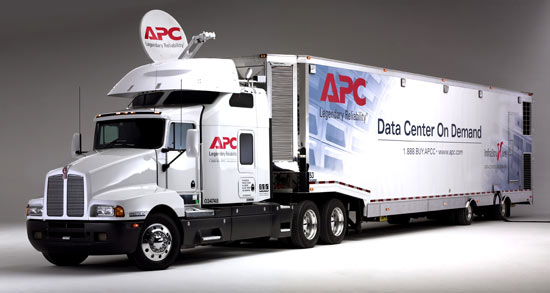Where value lies in open source


It's like a truck. You invest in making the truck, and you expect others to pay you for using the truck. (This truck, as we noted in January, 2007, contains a data center.)
As Slashdot noted over the weekend, some open source executives still believe this myth. But the nature of the code disproves the myth.
Since everyone sees the code, anyone can fork the code. Thus anyone can profit from the code. It's like a truck with the key sitting in the ignition.
But there are other ways to make money. Knowledge of the code can bring you money. Knowing how to make money with the code can bring you money.
This is a bit like fixing the truck or being a really good driver of the truck.
There are many more ways to make money with open source software than with an open source truck:
- A regular update service and security check.
- Integration services, tieing your software into larger systems.
- Selling what the software does as a service.
- Teaching people how to use, or extend the software.
- Putting your software into a piece of hardware and selling it.
None of these routes to profit is as easy as just selling a license and taking someone's money without having to legally promise that the software will work.
What writing open source software does is give you an opportunity to use your time to make money. Selling the software itself, in the long run, is a losing proposition since anyone can just take it. But that's the old world.
Welcome to the new one.